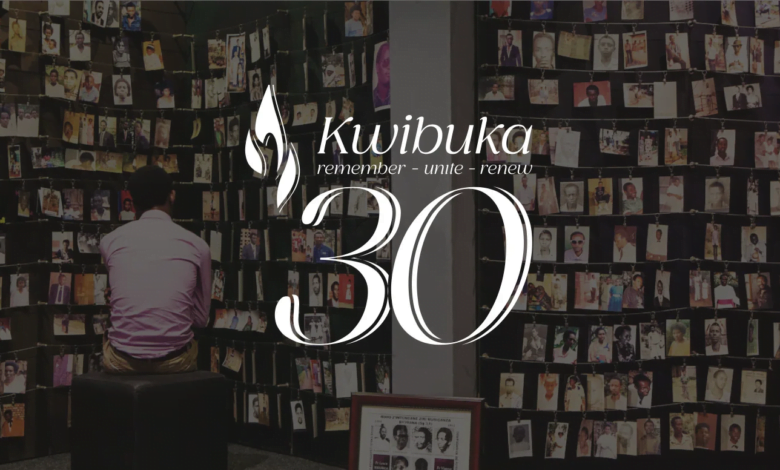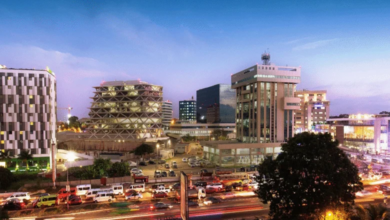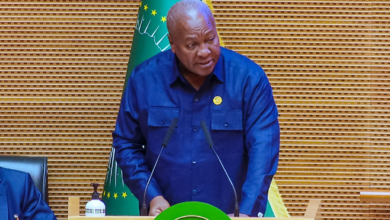Rwanda, 30 Years after the genocide : a lesson in reconstruction for humanity
Thirty years after the 1994 Rwandan genocide, the land of a thousand hills has achieved an impressive journey towards reconstruction and development. Rwanda, often cited as a model of resilience, offers the world a valuable lesson in healing, reconciliation, and progress despite the atrocities of the past.

Thirty years have passed since the tragic events that tore Rwanda apart in 1994. The genocide, which claimed the lives of nearly a million people, mostly Tutsis, remains one of the darkest chapters in modern history. However, what is remarkable about Rwanda’s story is its incredible ability to rise from the ashes of tragedy and chart a path towards reconciliation and development.
The reconstruction of Rwanda after the genocide was a long and difficult process, but the progress made over the past three decades is impressive. Under the government’s leadership, the country embarked on radical political, economic, and social reforms that transformed its reality. Emphasis on transitional justice, the promotion of education, and the fight against corruption has helped establish a climate of stability and growth.
To rebuild the social ties torn apart by violence and hatred
Rwanda has also succeeded in building a model of inclusive and sustainable economic development. By investing in sectors such as agriculture, tourism, and information technology, the country has diversified its economy and stimulated job creation. Additionally, bold policies aimed at promoting gender equality and empowering women have been successfully implemented, making Rwanda a global leader in female representation in parliament.
However, what truly distinguishes Rwanda is its commitment to national reconciliation and the promotion of unity. Through initiatives such as Gacacas, community courts aimed at adjudicating genocide-related crimes, and Liberation Day, commemorating the end of the genocide, the country sought to rebuild the social ties torn apart by violence and hatred. Moreover, programs for the rehabilitation of veterans and victims have been implemented to promote healing and the reconstruction of the social fabric.
Economic development, a key element of Rwanda’s post-genocide reconstruction
Economic development is a key element of Rwanda’s post-genocide reconstruction. The country has adopted a visionary approach to economic growth, focusing on diversification, innovation, and inclusion. Investments in key sectors such as agriculture, tourism, and information technology have not only stimulated job creation but also contributed to reducing excessive dependence on subsistence agriculture. Additionally, the Rwandan government has established a business-friendly environment characterized by tax reforms, transparent regulation, and investment incentives, attracting foreign capital and fostering private sector development. Furthermore, innovative programs such as « Made in Rwanda, » aimed at promoting local production and national businesses, have enhanced the country’s economic resilience. Through these concerted efforts, Rwanda has recorded sustained economic growth in recent years, attracting attention from the international community and garnering admiration for its inclusive and sustainable development model.
“Rwanda has also embraced technological innovation as a lever for economic and social development”
Rwanda has also embraced technological innovation as a lever for economic and social development. Initiatives such as the « Smart Rwanda » program have catalyzed economic growth and improved access to public services, thus transforming the daily lives of Rwandans. Moreover, effective and transparent governance has been crucial in supporting this trajectory of success.
Despite its impressive achievements, Rwanda still faces several significant challenges to ensure a sustainable and prosperous future. These include the need to further consolidate national reconciliation and heal the scars still present in Rwandan society. Similarly, pacifying relations with its neighbors is an urgent task for this landlocked country.
Rwanda remains an inspiring example of what can be achieved when political will is aligned with a bold vision for the future. Its remarkable journey reminds the world that even after the darkest times, resilience, reconciliation, and progress are possible. Thirty years after the genocide, Rwanda continues to be a lesson for all of humanity.






